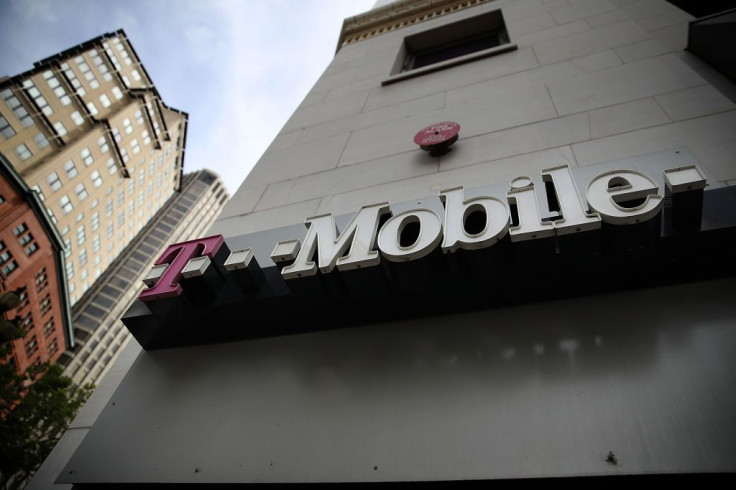Sprint, T-Mobile Merger Gets White House Approval After Promising To Compete With China

The likelihood still exists the Antitrust Division of the Department of Justice (DOJ) and the U.S. Federal Communications Commission (FCC) will thumb-down the $26 billion merger between Sprint Corporation and T-Mobile U.S. Inc. despite a nod from president Donald Trump.
Both Sprint and T-Mobile are major players in the roll-out of 5G technology in the U.S. Trump is said to have given the merger his blessing on the belief the combined firm will be a far stronger 5G competitor against rival firms such as China’s Huawei Technologies Co Ltd, the world leader in this future tech.
Both the DOJ and FCC had earlier voiced concerns the merger will result in higher fees and hurt employees of both companies, as well as triggering mass layoffs. T-Mobile operates the prepaid service Metro while Sprint owns the Boost and Virgin Mobile brands.
Then, there's the mounting opposition to the deal from Democrats who say reducing the number of national wireless carriers to three from four will lead to higher prices. The merger will "disproportionately hurt lower-income people and communities of color,” wrote freshman congresswoman Rashida Tlaib (D-MI) to DOJ Assistant Attorney General for the Antitrust Division Makan Delrahim.
Tlaib also claims the merger will result in the loss of 30,000 jobs nationwide due to "overlapping retail store closures" and "duplicative functions at corporate headquarters."
The FCC and DOJ
Both agencies are still probing the merger, with DOJ focusing on the Clayton Antitrust Act of 1914 and FCC on the Telecommunications Act of 1996. Deliberations by both agencies might take until June of this year, said people with knowledge of the discussions.
A DOJ spokesman said the DOJ Antitrust Division is still “looking at whether the efficiencies outweigh the competitive harm.” A sticking point is that this deal is a “horizontal merger” that will combine two companies in the same industry. This kind of merger is more likely to be interpreted as anti-competitive because it reduces the number of competing firms, while leaving the combined entity in a more dominant market position.

DOJ is also looking hard at whether the merger will raise prices for consumers by reducing competition.
On the other hand, T-Mobile and Sprint argue the DOJ’s antitrust concerns are unrealistic because two of the largest telecom carriers (Verizon and AT&T) control more than two thirds of the wireless market.
T-Mobile is the third largest player with 18 percent of the wireless market. Sprint is a distant fourth with a market share of some 13 percent.
Sprint and T-Mobile said their merger will do little to change the wireless landscape from an antitrust standpoint. If the DOJ rejects the merger, it’s likely the FCC will also go along, as well.
© Copyright IBTimes 2024. All rights reserved.




















